A tenuous ceasefire between India and Pakistan appears to be holding, following days of the worst cross-border violence in decades between the nuclear-armed rivals, Al Jazeera reports.
The truce, announced Saturday after intense U.S.-led diplomacy, came after both nations accused each other of initial violations and warned of retaliation.
The Indian military confirmed on Sunday that it had issued a “hotline message” to its Pakistani counterpart regarding alleged ceasefire breaches and cautioned Islamabad that any further violations would prompt a response. Lieutenant General Rajiv Ghai, India’s Director General of Military Operations (DGMO), told reporters that Indian forces remain on high alert.
“The armed forces were on a very, very high alert yesterday and continue to be in that state,” Ghai said. He added that his Pakistani counterpart contacted him on Saturday afternoon to propose an immediate ceasefire.
While Pakistan has not publicly responded to India’s comments, its Foreign Ministry released a statement earlier on Sunday affirming its commitment to the truce and accusing India of being the initial violator.
The ceasefire brings an uneasy calm after days of intense fighting that left nearly 70 people dead and saw the use of missiles and drones across the Line of Control (LoC) that divides the disputed Kashmir region. The conflict escalated rapidly following a deadly attack in Indian-administered Kashmir’s Pahalgam two weeks ago, which New Delhi blamed on Islamabad — a charge Pakistan denies.
U.S. President Donald Trump announced the ceasefire on Saturday, crediting talks mediated by Washington. U.S. Secretary of State Marco Rubio later revealed that both India and Pakistan had agreed to begin broader discussions at a neutral location. While Islamabad welcomed the U.S. role and expressed openness to international mediation on Kashmir, India reiterated its long-held position that all disputes with Pakistan must be resolved bilaterally.
In a statement, Trump praised both Indian Prime Minister Narendra Modi and Pakistani Prime Minister Shehbaz Sharif for agreeing to halt hostilities, adding that the U.S. would seek to “substantially” increase trade with both countries.
Despite the ceasefire, explosions from air-defense systems were reported overnight in Indian-administered Kashmir, raising concerns about the fragility of the agreement. Authorities in several border cities imposed blackouts as a precaution, and residents reported hearing blasts similar to those from previous nights.
Border Communities Cautiously Hopeful
The brunt of the conflict has been borne by civilians on both sides of the LoC. Many fled their homes when shelling intensified on Wednesday and remain displaced. In Indian-administered Kashmir’s Uri, a key hydropower facility was damaged by a Pakistani drone attack and remains offline, according to an NHPC official.
In the Pakistani town of Khuiratta, displaced resident Azam Chaudhry, 55, said he had been told to wait until Monday before returning home due to the threat of unexploded ordnance.
“People here are hosting us well, but just as a bird feels at peace in its own nest, we also feel comfortable only in our own homes, even if they have been damaged,” Chaudhry said.
In Indian border towns like Amritsar, life began to return to normal on Sunday, with markets reopening after days of tension. “I am happy that at least there will be no bloodshed on both sides,” said Satvir Singh Alhuwalia, a local shopkeeper.
Still, the mood remains cautious. “You can feel calm and happiness in the air … but there’s also fear. Will this ceasefire really hold?” said Muteeb Banday, a resident of Srinagar in the Kashmir Valley. “We want long-lasting peace, so we can move on with our lives.”
India and Pakistan have fought two wars and numerous skirmishes over Kashmir since gaining independence from Britain in 1947. The region remains a flashpoint, with both nations claiming it in full but controlling separate parts.
With this latest ceasefire, hopes for stability are cautiously rekindled — but the path to lasting peace remains uncertain.
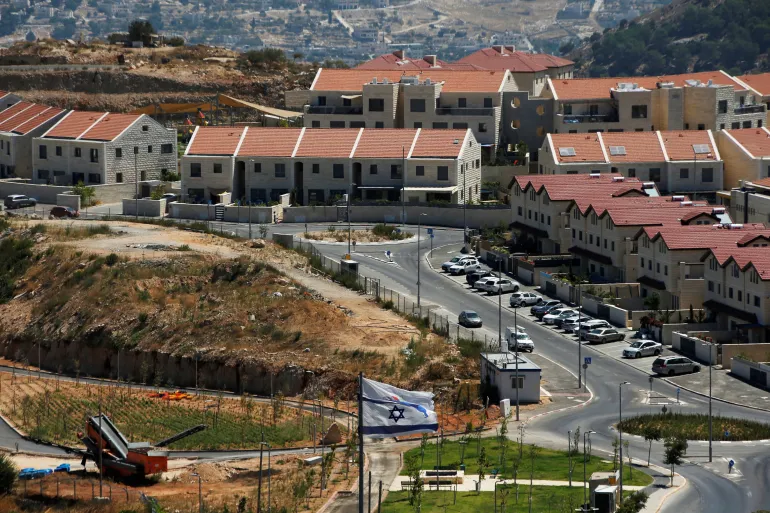

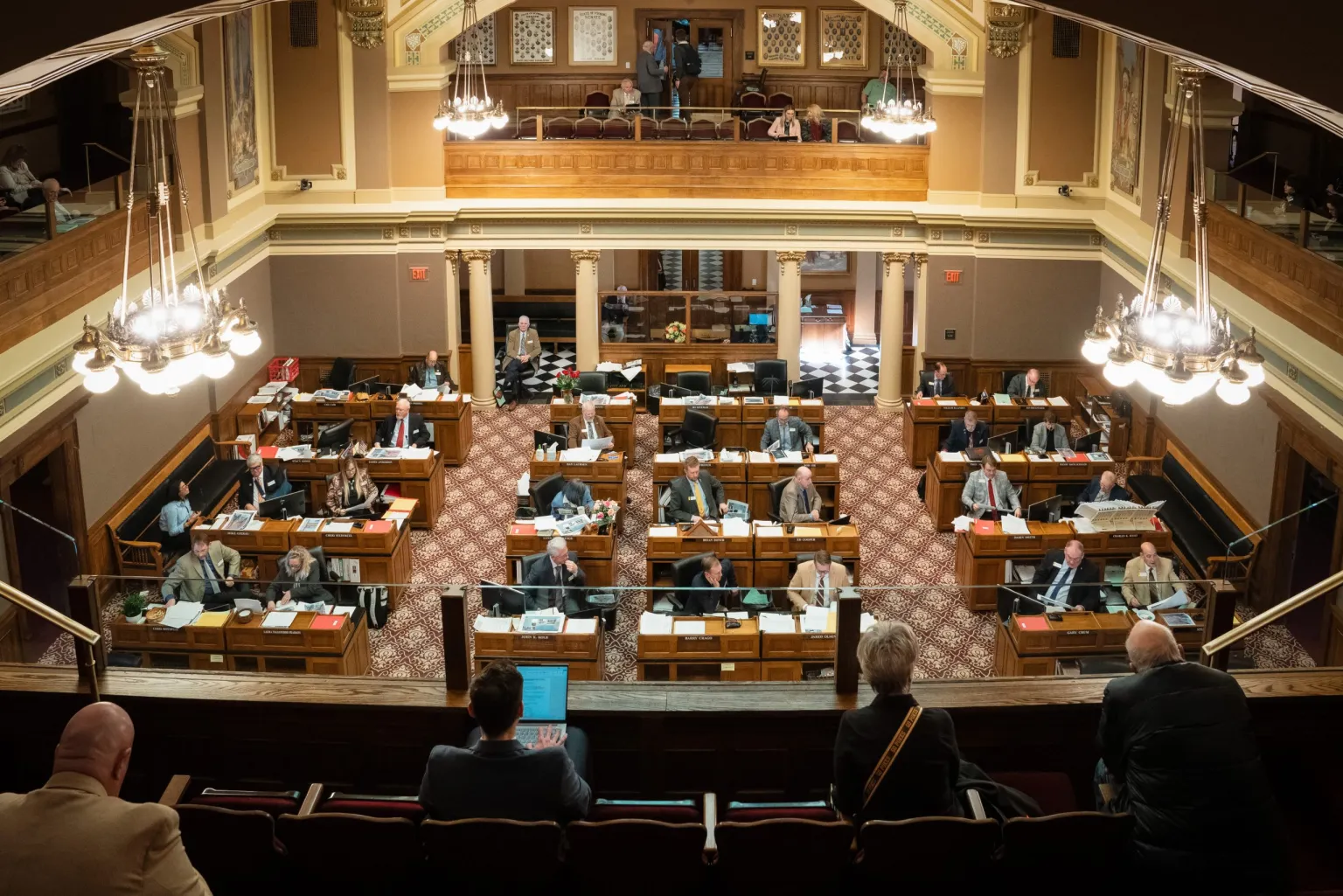
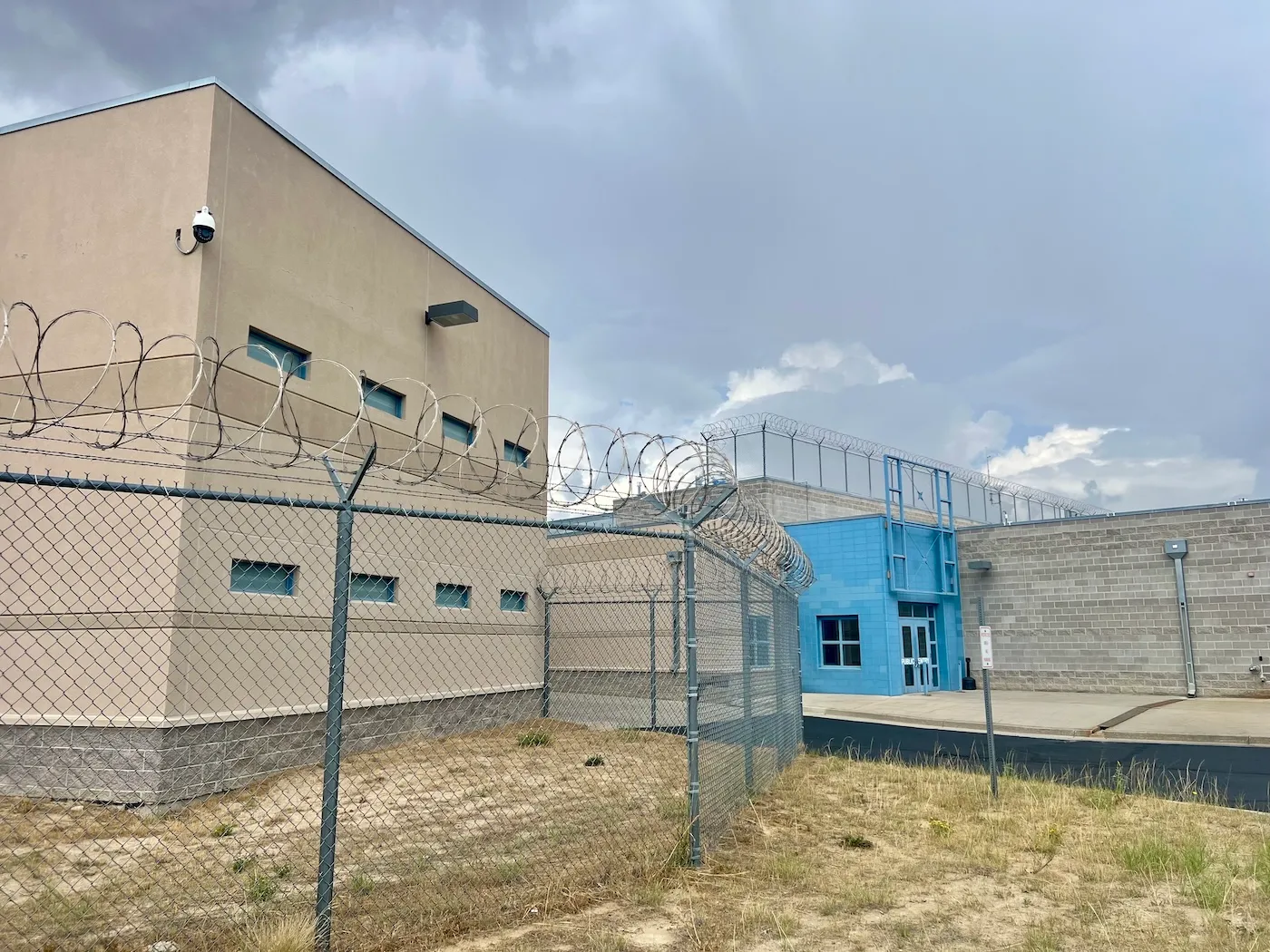
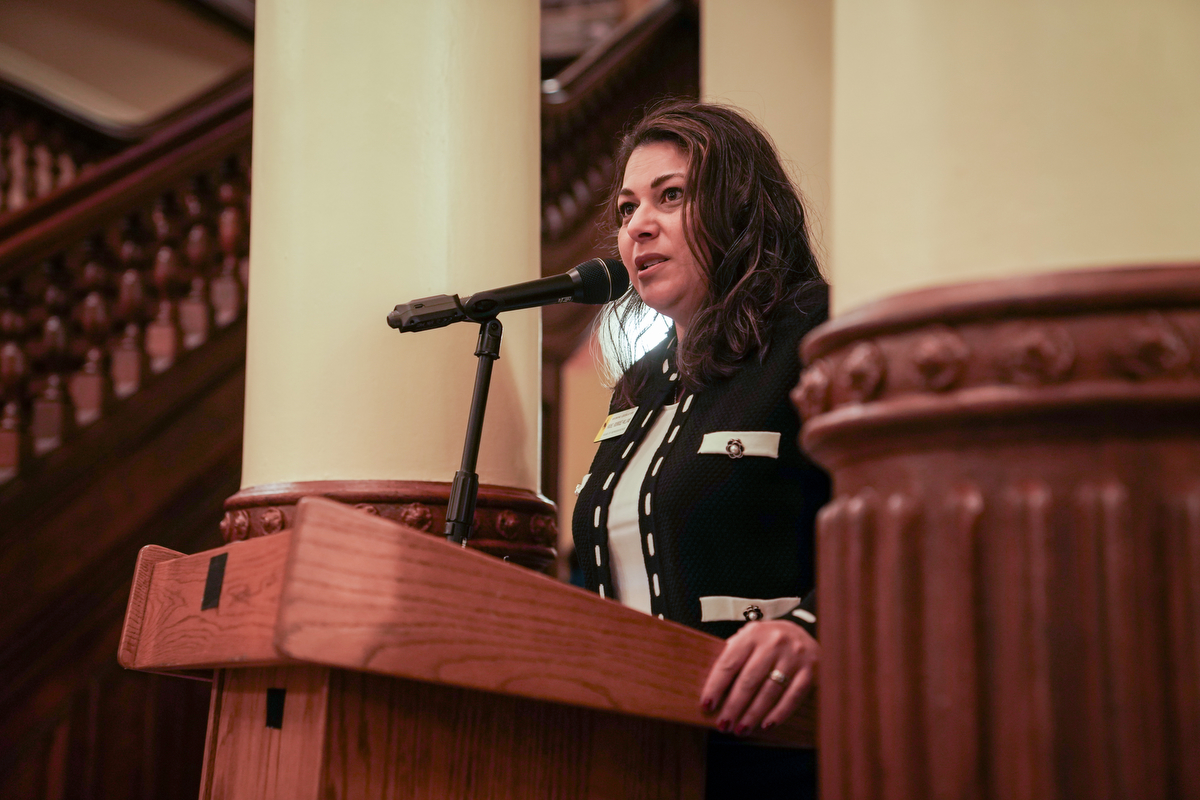
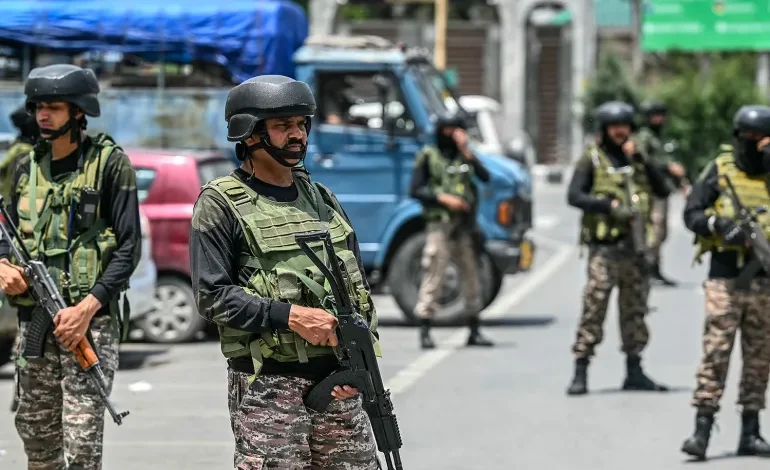




The latest news in your social feeds
Subscribe to our social media platforms to stay tuned